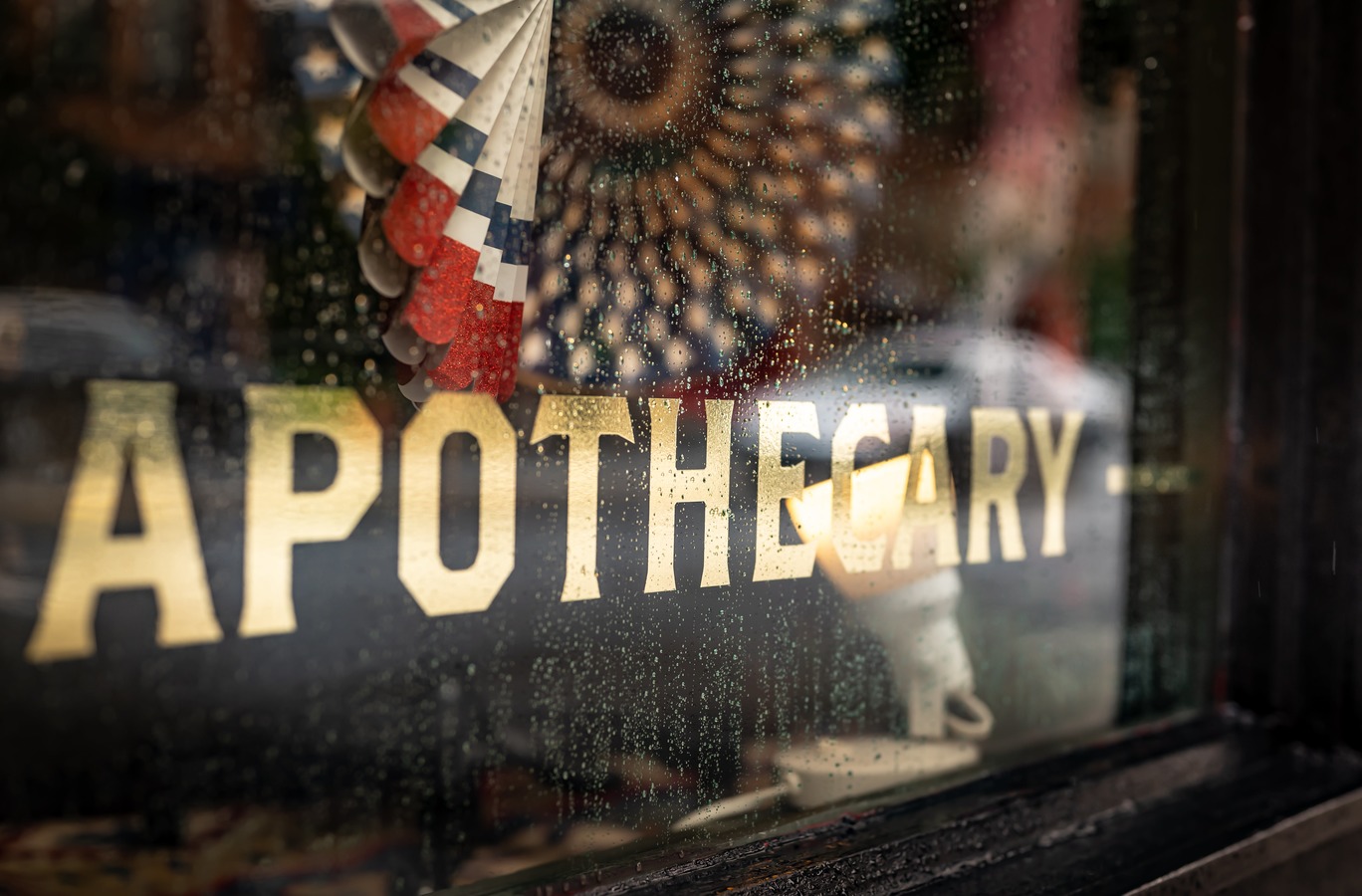At the start of the autumn, many people assess their emotional wellbeing and their relationships. It’s natural to use this turning point of summer to autumn year, of holiday to term time, to evaluate and review where we are, and to think of what we wish for and what we might want to change.
Monogamy as a concept is synonymous with stability and commitment. But this sense of safety can become the relationship’s biggest danger. Beginning with such hope and promise, monogamous relationships can, if we’re not careful, turn into an airlock: a suffocating and shrinking place where there is no room to speak of our darkest fears, our deepest desires, our tormenting concerns. Monogamy itself should be a topic we talk about. How we navigate it. How we feel about it. And how we should accept that a relationship will shift and change, like light shimmering across glass.
What does monogamy mean to you? How often do you discuss it, consider it, think about what it means? And does the other person in your relationship feel the same way about it? How free do you feel to discuss your concerns or fears? How do even these questions make you feel?
It might feel scary or just downright dangerous to take a look at how we really think and feel about these issues. I know that not everyone is a position where it is physically safe to do so. I also know that most people live lives where the fear is the worst part. However, the reality is that most people want the best for you. We have the right to be able to trust that we can be fully ourselves with our loved ones and, if we cannot be, to ask why: what is happening here, what expectations are built into our relationship that stop me from being able to be fully myself?
More often than not, it is you, not the other, who is holding you back. We cannot be truly close unless we are able to share all of ourselves, and unless we allow others to also be truly themselves. That includes seeing the parts of them that are not perhaps compatible with us, accepting that, and giving those parts some space.
I think one of the reasons we do not talk about monogamy is because that conversation means we have to talk about the other subjects that are tied up within it: sex and desire, both in and outside of the relationship. No one is entitled to a relationship at the cost of someone else’s wellbeing and emotional heath. No one is entitled to care, sex and intimacy. They are gifts that, in most cases, one must offer before one can receive them.
We need to talk about the reality of monogamy, not the Hallmark-card notion. I focus much of my writing on women having affairs because it is women who are beaten, abused and even killed if they break the social codes of sexual passivity by feeling and then acting on their desire for other (see my TEDx talk for more on this). But men can be equally affected by stereotypes around their need (or lack of it) for closeness and security, as well as the message that any excess of sexual desire is something to be managed, controlled and repressed as it is ‘animalistic’ and not a ‘mature’ or ‘human’ way to be in a relationship. No one is served when we live our relationships based on clichés and stereotypes as to how any gender experiences their sexuality across time.
I’m curious to ask people who are reading my first novel, Appetite, to answer the question: when do you think Naomi begins cheating? Is it when she chats online with a male friend? Is it when she flirts? Masturbates while communicating with him? Meets him? When does she cross the line? What does monogamy actually mean to you?
Neither the book, nor I, condone lying, but love and relationships are rarely as simple and straightforward as yes or no, black or white. People make mistakes. They are allowed to. This isn’t about condoning serial cheating. It’s about asking for a more mature and nuanced assessment of how people behave in their emotional and sexual lives. Often affairs are the wrong roads people go down when they are trying to understand something about themselves. There is an issue, and they are looking for the answers in the only way they feel is open to them right now.
As we continue to yoke our family and financial security to our romantic and sexual feelings, we can perhaps learn to see how hard we make it for ourselves to be fully ourselves, to reveal those parts that we fear may destabilise or even destroy the things in our life that we care very much about. Family, child-rearing and shared homes are often not actually the problem, nor need they be threatened by what we are desiring.
Desire, emotional or sexual, for another is not about you not being enough. It is often more connected to curiosity and change. Yes, there are compulsive cheaters out there: people whose self-worth is so tied to the external validation of a stolen kiss, sex or an affair that they behave in compulsive ways that hurt, cause harm and of which we, as a society, tend to disapprove. But that portion of people is tiny compared to those who remain dutifully within emotionally and sexual unsatisfying or unhealthy relationships. The people who cheat are often those who are feeling, as Esther Perel says in The State of Affairs, taken for granted, emotionally or physically neglected, often not through malice so much as miscommunication, fear of change, ill health, mental illness or just the challenges of life itself.
There are also other complex emotional reasons that need seeing before we condemn those who stray. Secrecy and lies are driven by the need to hide the parts of us that we feel the other(s) in our lives will not accept. We need to feel free to be ourselves – all the parts of our selves, even if they do not necessarily fit into the image the other has of us, or us of them… We need to accept change, and also to get used to hearing things that might challenge how we see the person we love.
This is where it can be helpful to talk about the idea of conscious monogamy. Linked to concepts like relationship anarchy and radical relationships, conscious monogamy is a set of ideas that can help everyone who is choosing to be monogamous make that choice with as much awareness as possible.
Conscious monogamy creates a space for both people to be individuals as well as a couple.
Conscious monogamy allows and creates space for communication about all fears and desires.
Conscious monogamy accepts and supports individual change and growth within a relationship.
Conscious monogamy asks that all involved assess and be critical, though not judgemental, of their own desires and feelings in a context of self-awareness and acceptance.
Conscious monogamy allows for clumsiness in communication and the allowance and acceptance of our essential good as humans: it does not mark behaviour or thinking as good or bad, but questions, considers and discusses then acts.
Conscious monogamy allows and accepts that desire for another, or other experiences, is not a reflection on the relationship but a physical desire for difference.
Conscious monogamy discusses without judgement the differences in desire level that occur at different times and which can exist within a relationship, and addresses these with care and sensitivity.
Conscious monogamy listens to the other with respect.
Conscious monogamy allows and accepts the idea of change and loss and sees that conscious commitment, rather than obligation and entitlement, is better for everyone.
We all wish for relationships based on choice and genuine care, not duty and obligation. Making a commitment not to a piece of paper but to a conscious form of monogamy can help make sure you and you partner are authentic, honest and truly there for, and with, each other.




















